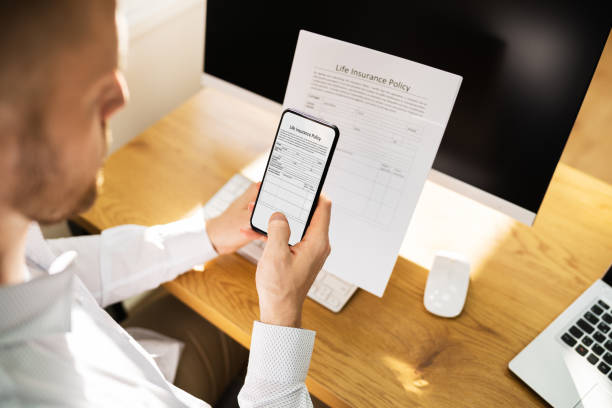What is a VPN? Breaking Down the Basics
Ever feel like someones watching you while you’re minding your own business online? You could be onto something. Welcome to the world of Virtual Private Networks, your own personal cloak of invisibility on the internet.
Imagine a VIP lane where your online activities zip through undisturbed and out of sight. That’s what a virtual private network does for you. It creates an untrackable, secure pathway for your data. It’s the internet without its prying eyes. When you have this safety mode on, nothing can stop you from winning at slots online and carving your path to victory.
In simpler terms, it secures your internet connection. When you’re surfing the web, it encrypts your data so that hackers can’t see what you’re up to. A private tunnel for your online activities.
How Does It Work?
When you connect to a VPN, your internet traffic gets routed through a server. This server hides your original IP address, making it tough for anyone to track you.
Let’s say you’re in New York but connect to a server in France. To the online world, it’ll look like you’re browsing from France. This not only protects your data but it also allows you to access websites and services restricted to specific locations.
Common Misconceptions: What It Can’t Do
VPNs are great for privacy and security, but they’re not miracle workers. They won’t keep you 100% anonymous because some online activities can still reveal your identity. They also can’t protect you from phishing scams or prevent malware attacks. If you download a virus, most won’t entirely save your computer.
Another myth is that using one will make your internet faster. In reality, encrypting and rerouting your traffic can sometimes slow down your connection. You shouldn’t expect lightning speed levels.
Free vs. Paid: Is It Worth the Investment?
Everyone loves not paying out of pocket for something. But when it comes to virtual private networks, you might want to think twice. Free ones have limitations like slower speeds, fewer server options, and less effective encryption. They may also collect your data and sell it for advertising.
Paid ones, on the other hand, offer robust security and high-speed servers. They often come with a ‘kill switch’ which lets you go offline whenever you want. With a subscription you usually get what you pay for. If privacy is a big deal for you, we’d suggest investing in a good one.
Do You Really Need a VPN?
The answer comes down to maybe. If you often connect to public Wi-Fi, like in coffee shops or airports, it is a must to protect your data from potential hackers. It’s also useful if you want to access websites or streaming services not available in your country.
But if you’re doing casual browsing at home and you’re not concerned about data privacy, you might not need one at all. Still, with the increasing number of cyber threats these days, having that extra layer of security is never a bad idea. Weigh your needs and options and decide. If you’re leaning towards yes, do some research and invest in a reputable VPN. You’ll thank yourself one day.
James Martin is a passionate writer and the founder of OnTimeMagazines & EastLifePro. He loves to write principally about technology trends. He loves to share his opinion on what’s happening in tech around the world.


